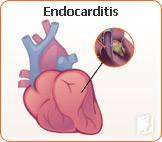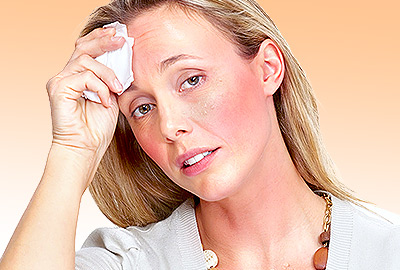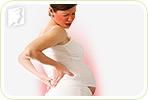Hot flashes are known to affect women of all ages. Hot flashes can be uncomfortable, limit sleep, cause tiredness and fatigue during the day. Although both men and women get hot flashes, they are much more common in women. This is primarily thought to be caused by hormonal changes occurring during menopase. Keep reading to find more about the causes of hot flashes.
What Are Hot Flashes?
Hot flashes are sudden, intense heat episodes, often accompanied by flushed red skin and profuse sweating. These episodes differ from woman to woman, and vary in their frequency and intensity. Most women experience hot flashes during the day, although some sufferers are also affected at night.
Hot flashes at night are known as night sweats. These are defined as waking up at night due to an overly high body temperature. Often the person experiencing a night sweat must get out of bed to cool down and sometimes a cold shower or change of clothes is needed.
Causes of Hot Flashes
The most common cause of hot flashes during menopause are hormonal changes and fluctuations. However, there are many other causes of hot flashes, such as:

- Menopause. This is the most common cause of hot flashes in women.
- Infections. Tuberculosis and bacterial infections like endocarditis can cause hot flashes.
- Medications. Some medications like antidepressants can cause hot flashes.
- Idiopathic hyperhidrosis. This condition causes the body to produce too much sweet.
- Cancer. Some cancers like lymphoma can cause hot flashes. These are usually accompanied by weight loss and fevers.
Hot Flash Triggers
During menopause, there are common triggers which may set off or exacerbate hot flashes. Recognizing these triggers is important in learning to effectively manage hot flashes.
Below is a list of common triggers. Keep in mind that each person may have their own triggers, so always keep a record of what you did prior to your hot flash to determine if there was a cause.

- Alcohol
- Caffeine
- Warm environments (e.g., hot weather and saunas)
- Diet pills
- Spicy food
- Smoking
Treatment Options for Hot Flashes
While hormonal changes during menopause are the primary cause of hot flashes, there are many others. If you are concerned about your symptoms, talk to your doctor.
Click on this link for more information about treatment for hot flashes.
Sources
- Sikon, Andrea and Holly Thacker M.D. "Treatment for Menopausal Hot Flashes". Cleveland Clinic Journal of Medicine. July 2004: 71 (7).
- "Hot flashes ... in January". Canadian Medical Association Journal. 2004: 170 (1).
- Miller, Heather and Rose Maria Li, M.D. "Measuring Hot Flashes: Summary of a National Institutes of Health Workshop". Conference report. Mayo Clinic. June 2004: 79.



